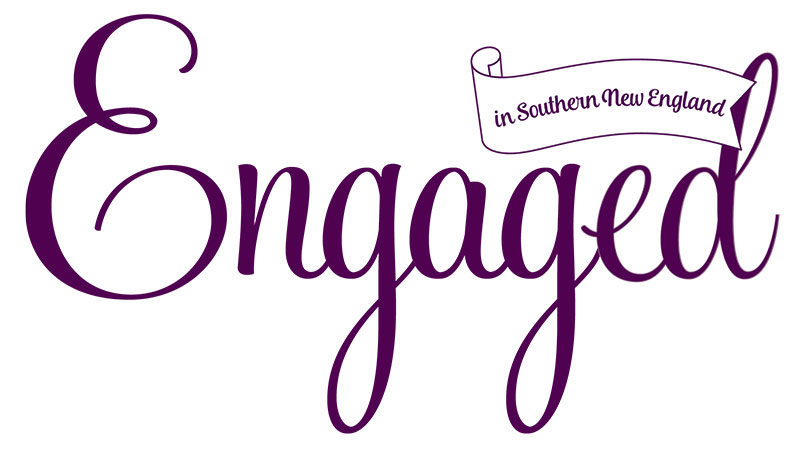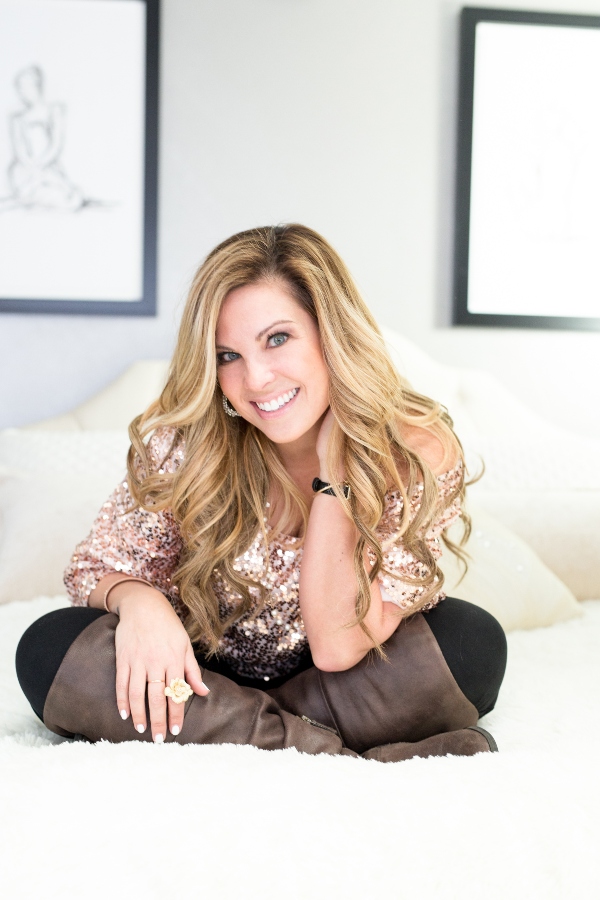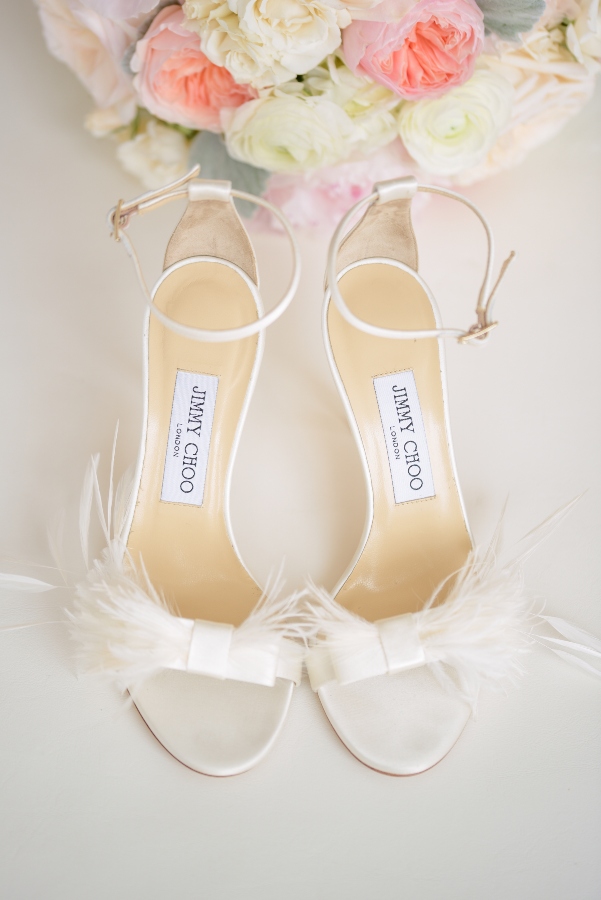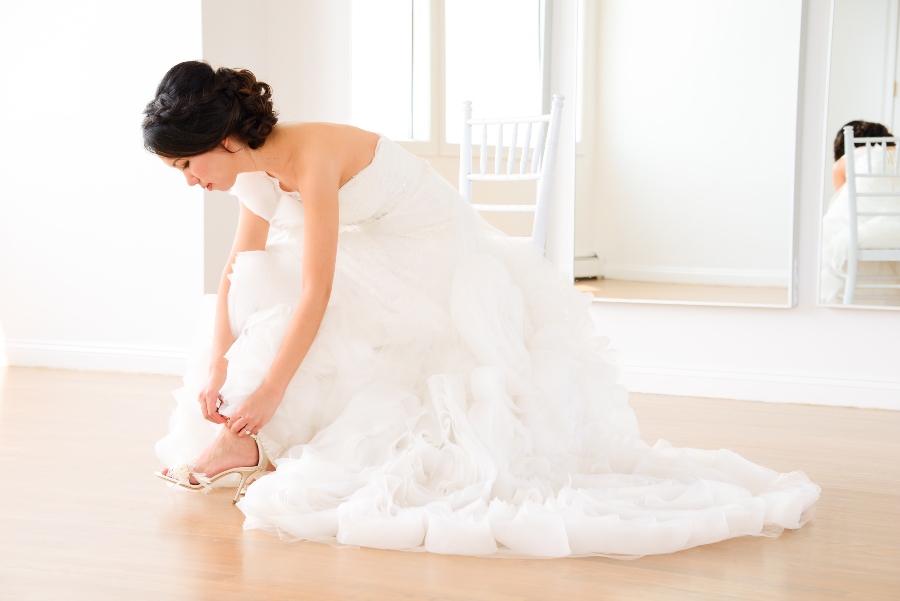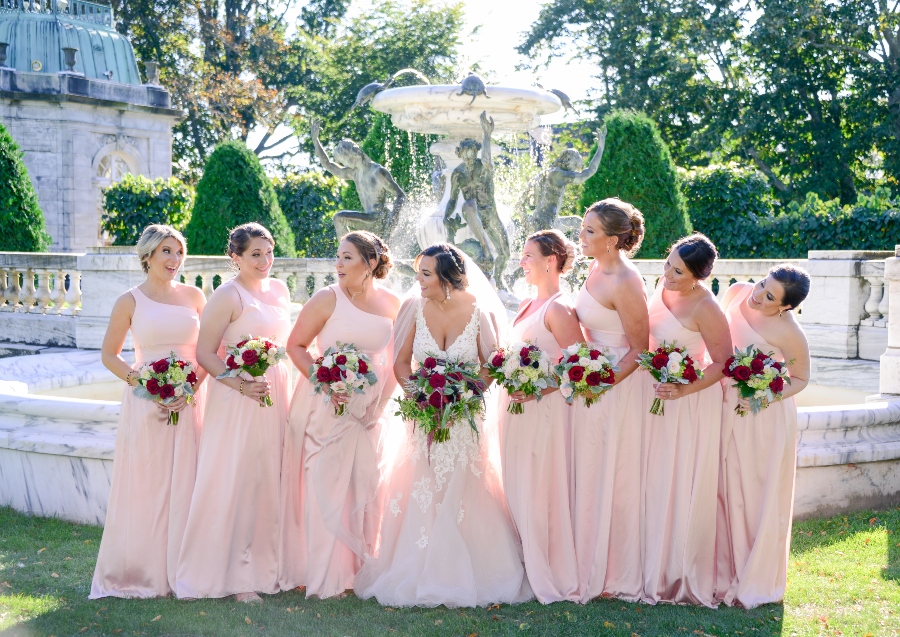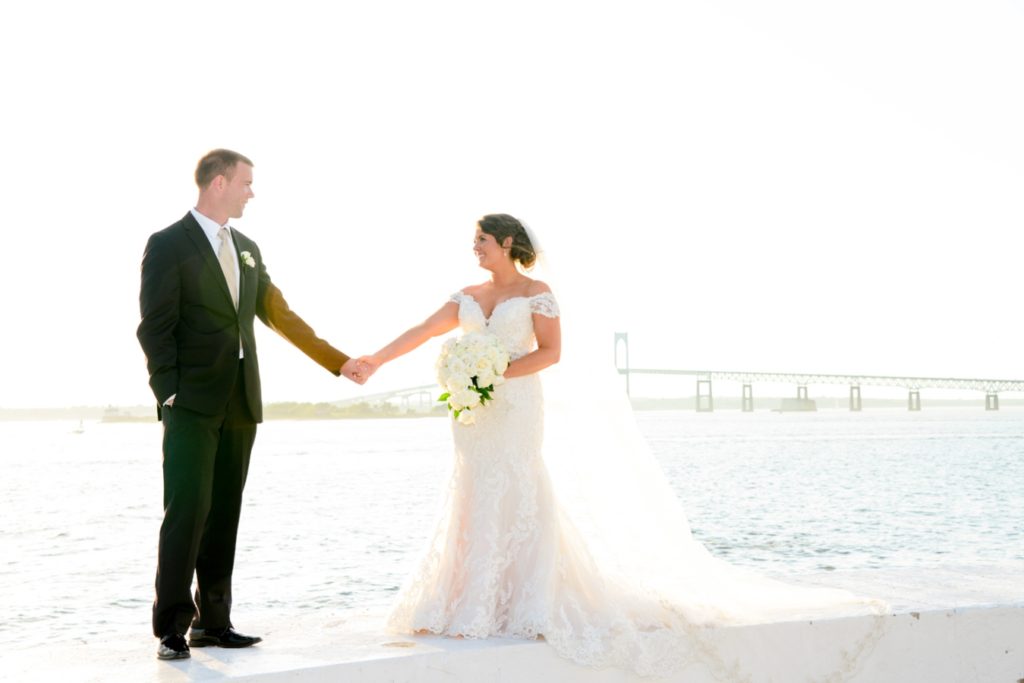An award-and-pageant-winning Bristolian shares her journey to becoming a household name in local wedding photography.
By Alyssa Anderson
I’ve come to discover that the most talented people are often the humblest. They don’t like to brag about their accomplishments, or show off their amazing and well-honed skills because they don’t want to seem too flashy or boisterous. If anyone in the world fits this description, it’s Jennifer Neves.
Born and raised in Bristol by immigrants from Portugal, Jennifer started working at a young age because “that’s just the way things were back then, you were sent to work a lot sooner rather than later.”
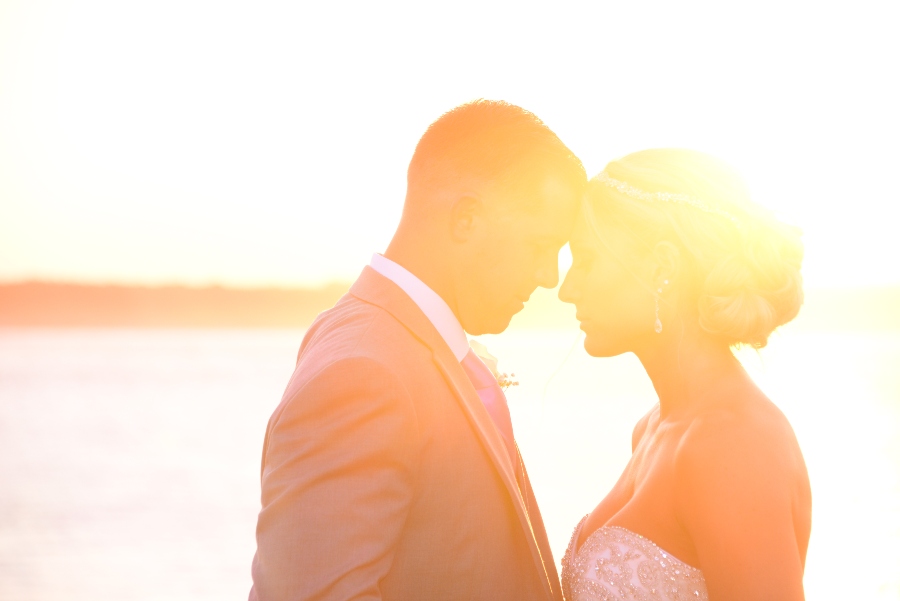
 : Jennifer Neves Photography
: Jennifer Neves PhotographyHow old were you when you got into photography?
Jennifer: We had a family friend who owned a photography studio and who needed someone to stuff albums with proofs — back then, it used to be proofs — and so I started working at $2 an hour when I was 13-years-old stuffing albums. So from age 13 to 16, I went with him to weddings every weekend, and adjusted trains and was an errand/camera-holding person. But when I was 16 — I remember this so well — it was 8 o’clock at night on a Friday night and a bride ran into the studio and said, “Oh, my gosh. My photographer is sick and cannot make my wedding.” So my boss was like: “Listen, I have a wedding tomorrow, but Jen’s been coming with me for three years. If you want, you can have her.” I’d observed, and I’d shot, but I had never been in charge of anything, and it wasn’t digital. It was like, 2-and-a-quarter film, medium format. So you can’t see what you’re getting into. So basically, this woman had to take me or nothing. If she didn’t take me, she didn’t have a photographer for her wedding day. The pictures came out — oh, my gosh, I’d be so embarrassed to even look at them today — but they were physically tangible and she had something. So after that, my boss started sending me out to weddings as a second photographer for the day. I continued through high school and college doing photography.
Can you tell me about your experience in pageants?
Jennifer: I never entered pageants because I was a pageant kind of girl. That was just not something that Portuguese girls did. But when I started thinking about college, I was like, “How in the world are we gonna pay for this?” So when I heard about the pageants and the prizes, I said to myself: “Wait, you mean if I win, I might get a scholarship?” So I did several, and, believe it or not, I won every single pageant that I entered. I won Miss Fourth of July and Miss Rhode Island, and with each of those titles came money or scholarships that I put towards college and I got to do so many things that I wouldn’t have had the chance to do. So I never got into it for any reason other than to pay for school.

 : Jennifer Neves Photography
: Jennifer Neves PhotographyDid you always want to be a photographer or did you have other career interests?
Jennifer: I had always had the interest in being a police officer, always, always. But, again, being raised in a very traditional, old-fashioned household, gender roles were real and women were not police officers. And my parents were old-school. But I started to think about it, I had built my house, I had things under control and I knew that I could probably try to pursue a second career in my life because I’d already lived 15 years of life as a photographer. So I started looking at different options and decided to just dip my toe into police work, and I was hired as a reserve for Swansea. So because of that, I was able to do that and photography at the same time. After that, I saw an ad for Bristol for a full time position, applied, and was hired as a Bristol police officer, while still doing photography on the side. While I was doing that, I figured out real fast that photography was really where I wanted to be. It was cool getting a chance to do something else, but at the end of the day, my creativity was not fulfilled during my time as a police officer. I got to see the most beautiful side of people on their best days as a photographer and I got to see the really ugly side of some people on their worst days, and I figured out that I probably want to see their best days, it’s better for the soul. I came back to photography with a renewed look at what I was doing. Every time I turn around, there’s something new.
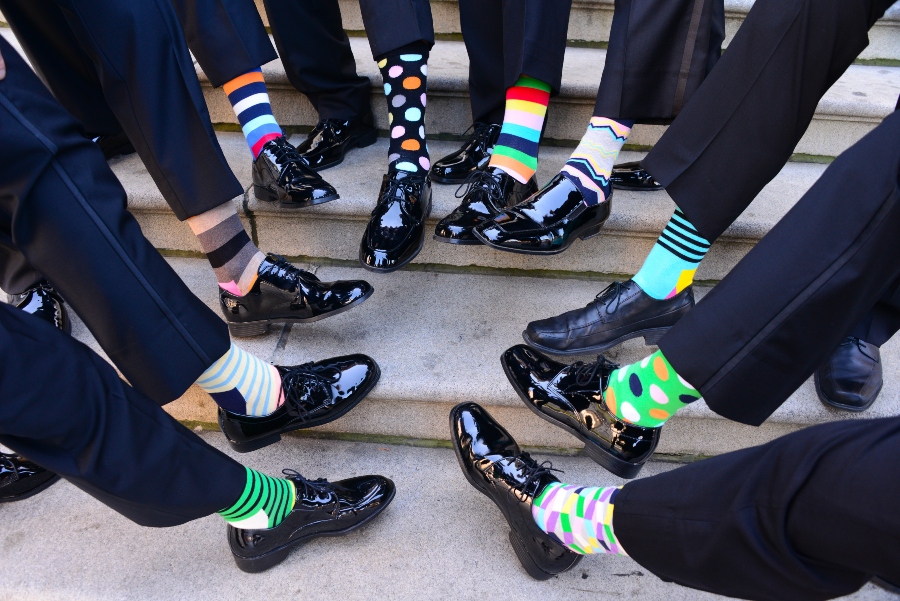
 : Jennifer Neves Photography
: Jennifer Neves PhotographyWhat have been some challenges for you as a photographer?
Jennifer: I learned photography in a time where nothing was digital. If I look at something I need to photograph, I know the exposure, I know the aperture, I know my shutter; I know everything that needs to be done. For me, learning in a time where everything wasn’t done automatically on a computer – that came later for me – post [production] has been my biggest challenge. But now, fast forward from the transition from medium format film, to 35mm film and now to digital, I rode that wave and I know how to work with all of them. A lot of people also don’t realize the amount of time and effort this profession takes. I work seven days a week. I spend a lot of time away from my family. Shooting is the easy part. The kids will be out by the pool in the summer and I’m up here [in my studio], editing.

 : Jennifer Neves Photography
: Jennifer Neves Photography